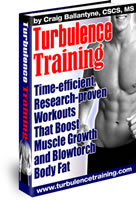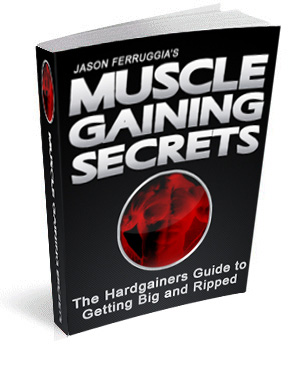Testosterone is a male hormone mainly produced in the testicles. A small amount is also produced by the adrenal glands. In women, testosterone is produced in the ovaries and by the adrenal gland, although the amount is quite small as compared to the male production. The normal range in males is 350- 1200ng/dl and the range in females is less than 100ng/dl. Women often inject additional testosterone if they want to build muscles at the pro-level. Apart from being a MALE hormone, it is the number one anabolic hormone in the human body. In order to gain muscle mass, one should concentrate on boosting their testosterone levels which are usually the highest in the morning and if the right kind of workouts are done (anaerobic) then you can REALLY boost your testosterone levels post workout (they drop after a few hours). The higher the intensity, the greater the testosterone production. Cortisol is a catabolic hormone which suppresses testosterone
Human Growth Hormone (HGH) is another anabolic hormone, which is produced by the pituitary gland and stimulates the liver to produce IGF-1 (Insulin
 like Growth Factor). HGH is also directly proportional to the exercise intensity similar to testosterone. It increases right after an intense workout and also during deep sleep. Insulin and cortisol both suppress the growth hormone. If you need benefits from the HGH and IGF-1 then you should try to keep insulin and cortisol quite low. The good thing about HGH is that you can burn fat and build muscle at the same time as one of the properties of this hormone is to breakdown fat (long story) and IGF help you grow.
like Growth Factor). HGH is also directly proportional to the exercise intensity similar to testosterone. It increases right after an intense workout and also during deep sleep. Insulin and cortisol both suppress the growth hormone. If you need benefits from the HGH and IGF-1 then you should try to keep insulin and cortisol quite low. The good thing about HGH is that you can burn fat and build muscle at the same time as one of the properties of this hormone is to breakdown fat (long story) and IGF help you grow.Insulin is a storage (anabolic) hormone which is released by the pancreas in response to the food that you eat – mainly carbohydrates. If you get too many carbs in your system, the insulin levels rise to lower them and store them as fat for future use. That is just one part of it. If your body needs the carbs (i.e. post-workout), the insulin pushes the carbs to the muscles and also breaks down protein to help repair the muscles. Insulin spikes with high GI carbs and remains stable with low GI carbs so to avoid fat storage, one should try to stick to low GI throughout the day. Depending on your goal, you can choose what kind of carbs you need post workout.
Hope this was useful. Stay tuned, there is lots more to come.



















4 comments:
nice blog design but I think needed more pictures :)
am not working much hard on getting Abs but still am fond of having those 6-8 packs :D
i am not much fat but my trainer says i need to loose every fat near my waist or near stomach :(
It truly is my pleasure that I've the exceptional prospect to comment on this magnificent submit.
Discover the new you by following the same fitness and nutrition programs used by Hollywood's Elite.
it really works,
give it try.
Good Luck
Post a Comment